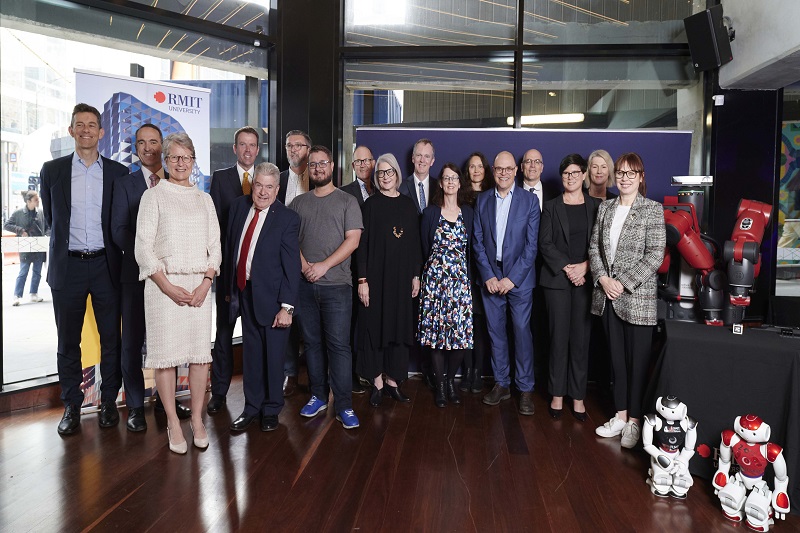
A major new research centre will investigate how rapidly emerging autonomous decision-making technologies can be used safely and ethically for all Australians.
According to a recent press release, Minister for Education, the Honourable Dan Tehan, had announced AU$ 31.8 million in Government funding for the Australian Research Council (ARC) Centre of Excellence for Automated Decision-Making and Society.
Led by RMIT Professor Julian Thomas, the Centre of Excellence will be hosted at RMIT University.
Background of the Initiative
- There is a long history of operating at the intersection of technology and human experience.
- Working closely with industry and other partners around the world, the Centre is focused on improving life for the communities in a time of constant change.
- Minister Tehan explained that automated decision-making technology was being used in self-driving cars or algorithms that were used to make a medical diagnosis and business decisions.
- The technology has great potential to transform the efficiency of industry, as well as public and private services.
- However, as with all technology, it is prudent to explore how to mitigate any possible risks.
Centre of Excellence for Automated Decision-Making and Society
- The Government is funding research into automated decision-making to ensure this technology provides the best possible outcomes for society and industry.
- Researchers will formulate world-leading policy and practice, inform public debate, and train a new generation of researchers and practitioners.
- The global research project would help ensure machine learning and decision-making technologies were used responsibly, ethically and inclusively.
- From artificial intelligence (AI) to blockchain and big data, automated systems are changing everyday life.
- New systems offer enormous benefits in many areas but they also pose substantial risks to privacy and security as well as to the people’s welfare as citizens and consumers.
- There is an urgent need for a much deeper understanding of the potential risks of the new technologies as well as the best strategies for mitigating these risks.
- The University’s Deputy Vice-Chancellor for Research and Innovation and Vice-President shared that the centre would possess many unique elements.
- This will put Australia at the forefront of research in a rapidly evolving and highly topical area.
Who are involved?
It will bring together national and international experts from the humanities as well as the social and technological sciences.
Working with international partners and industry, the research will help Australians gain the full benefits of these new technologies, which include better mobility and improving the responses to humanitarian emergencies.
Researchers from the University will collaborate with experts at seven other Australian universities. These are:
- Monash University
- University of Melbourne
- Swinburne University of Technology
- Queensland University of Technology
- University of Queensland
- University of Sydney
- University of New South Wales.
Additionally, there are also 22 academic and industry partner organisations from Australia, Europe, Asia and America.
Together they will provide an additional AU$ 39.3 million in cash and in-kind support, including access to top national and international facilities, systems and research expertise.
















